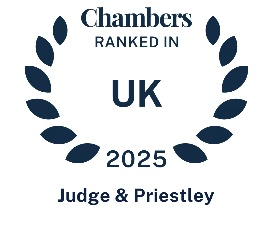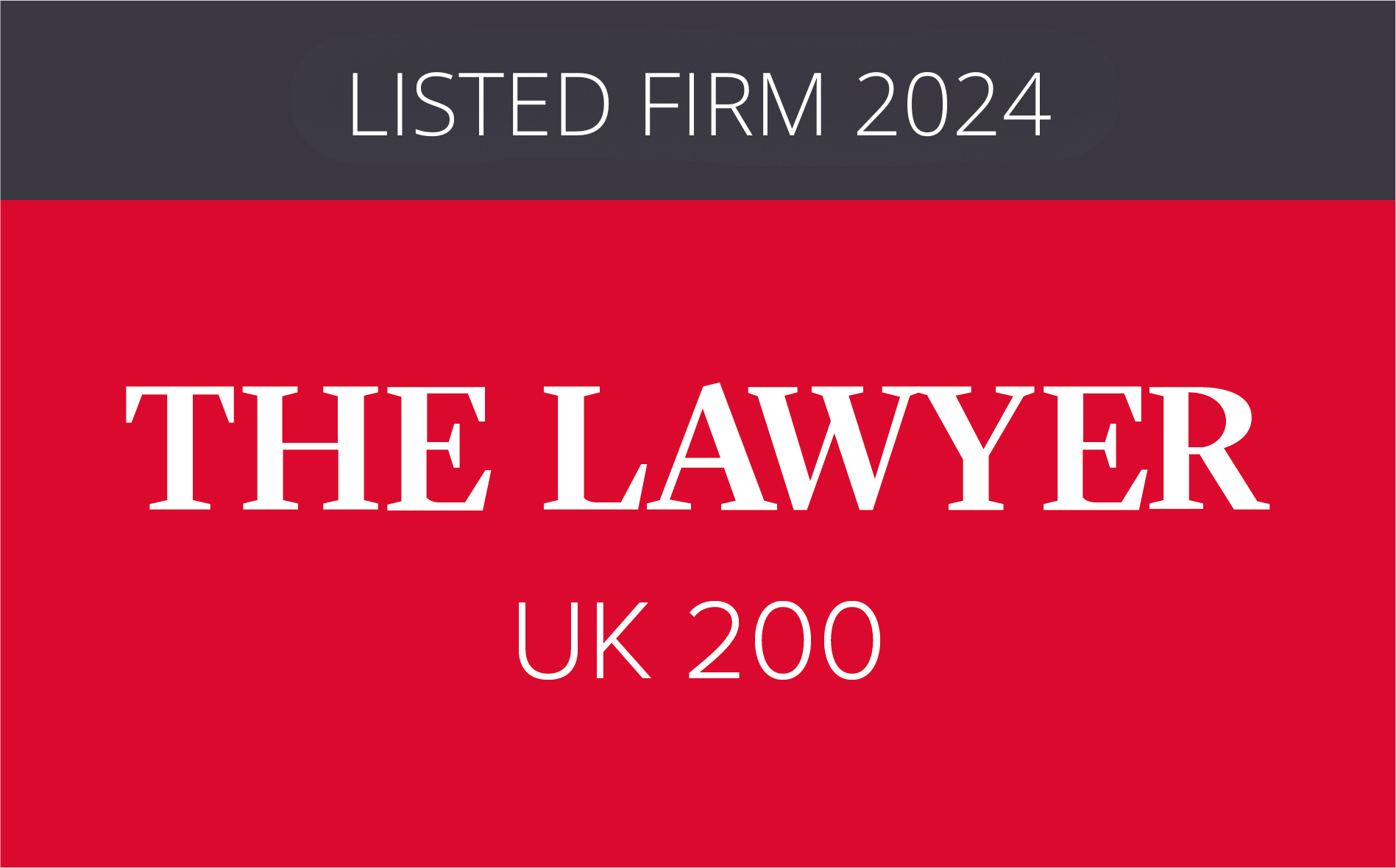- Bromley020 8290 0333
Court approves scheme to merge two property companies
The High Court has approved a scheme of arrangement allowing for the merger between two significant property companies, Shaftesbury Plc and Capital & Counties Properties Plc (Capco), both with properties in London's West End.
Shareholders accepted the proposed merger with the required majority and the Competition and Markets Authority had approved it. The court found that all statutory requirements had been met, including fair representation of shareholders, approval by a majority, and no adverse interests. The court granted Shaftesbury’s application to sanction the scheme of arrangement.
The High Court has sanctioned a scheme of arrangement to enable a merger between two property owning companies. The case involved Shaftesbury Plc and Capital & Counties Properties Plc (Capco). Shaftesbury and Capco were significant businesses with properties in London's West End. Just over 25% of Shaftesbury’s issued share capital was held by Capco and its subsidiaries. A bank was a substantial shareholder in Shaftesbury and Capco, holding 35.3% of the scheme shares and 25.7% of Shaftesbury's entire issued share capital, and 15% of Capco's entire issued share capital. It gave an irrevocable undertaking to Shaftesbury to vote in favour of the resolutions proposed at the court meeting and an undertaking to Capco to vote in favour of the resolutions passed at its general meeting. Shaftesbury’s directors were advised on the terms of the merger and that the terms were fair. They unanimously recommended that the shareholders vote in favour of the scheme. The proposed merger was accepted by shareholders with the required majority, namely 81.92 % in number and 83.25% in value. The Competition and Markets Authority had approved the merger. The court granted Shaftesbury’s application to sanction the scheme of arrangement.
It held that to sanction such an arrangement, the court had to be satisfied that:
- (1) the statutory provisions had been complied with
- (2) the class of shareholders was fairly represented by those who attended and the statutory majority were acting bona fide and had not coerced the minority to promote interests adverse to those whom they purported to represent
- (3) an intelligent and honest member of that class acting in their own interests might reasonably approve the scheme
- (4) there was no blot on the scheme.
The court held that all the requirements were met. The directors were unanimous in their approval, the scheme had been properly explained in the explanatory statement and it had been approved by a majority.
Please contact us if you would like more information about the issues raised in this article or any aspect of company law.











